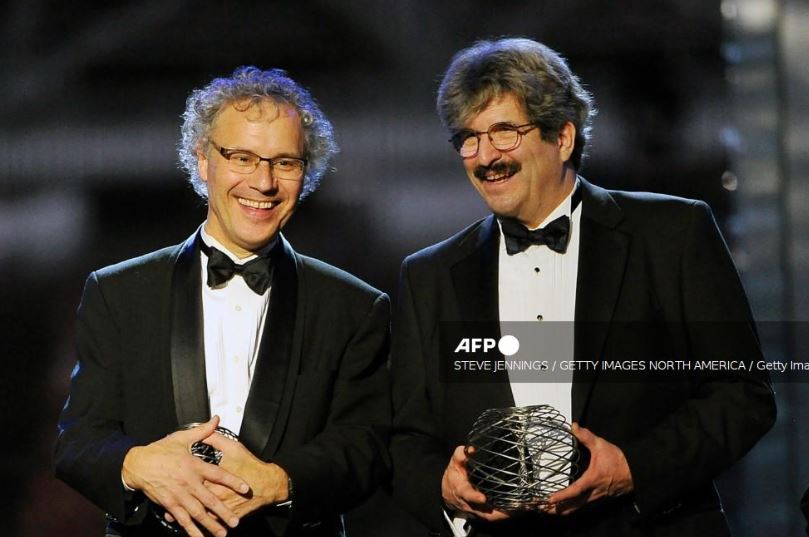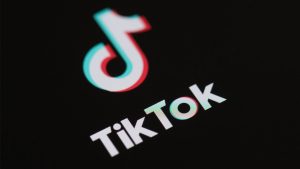
Two American scientists, Victor Ambros and Gary Ruvkun, have been awarded the 2024 Nobel Prize in Medicine for their discovery of microRNA and its crucial role in gene regulation. Their research has provided groundbreaking insights into how genes are controlled within cells, solving a long-standing scientific mystery, the Nobel Assembly at Sweden’s Karolinska Institute announced on Monday.
“Their groundbreaking discovery revealed a completely new principle of gene regulation that turned out to be essential for multicellular organisms, including humans,” the Nobel jury said.
Ruvkun, a professor at Harvard Medical School, expressed surprise upon learning of the prestigious recognition. “It’s quite a sea change. I’ve won other awards in the past, but those were very quiet in comparison,” the 72-year-old told AFP. Describing the flurry of media attention following the announcement, he added, “There’s already been TV crews and photographers, and 300 email messages from friends!”
The two scientists, long-time collaborators and friends, celebrated the news with a video call. “We just FaceTimed to high-five. We’ve been friends for years,” Ruvkun said.
Ambros, a professor at the University of Massachusetts Medical School, learned of the award after receiving a call from a Swedish radio reporter. “Wow, that’s incredible! I didn’t know that,” the 70-year-old exclaimed. “Good. Wonderful.”
Their discovery, published in 1993, revealed a new class of tiny RNA molecules known as microRNA. These molecules play an essential role in determining which genes are activated within cells, contributing to processes such as embryological development and normal cell functioning. Errors in gene regulation can lead to diseases such as cancer and diabetes, highlighting the significance of their findings.
The Nobel Prize comes with a gold medal, diploma, and a $1 million cash award to be shared by the two scientists. The prize will be officially presented on December 10 during the Nobel banquet in Stockholm, where Ruvkun anticipates a lively celebration. “It’s a party. You don’t think of a bunch of scientists as party animals but we really are,” he joked.
This year’s Nobel Prize in Medicine follows last year’s recognition of Katalin Kariko and Drew Weissman for their pioneering work on mRNA technology, which was essential in developing COVID-19 vaccines.








